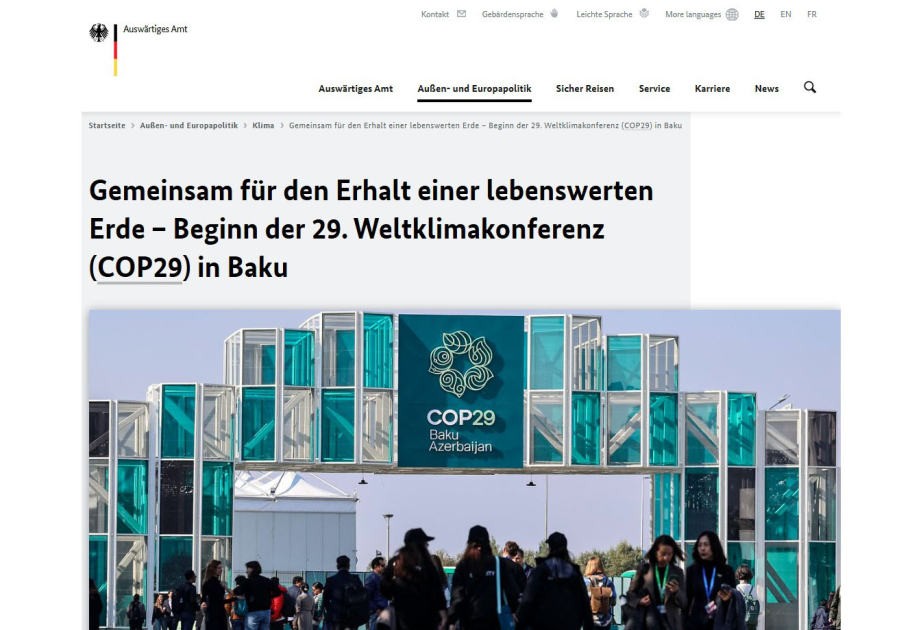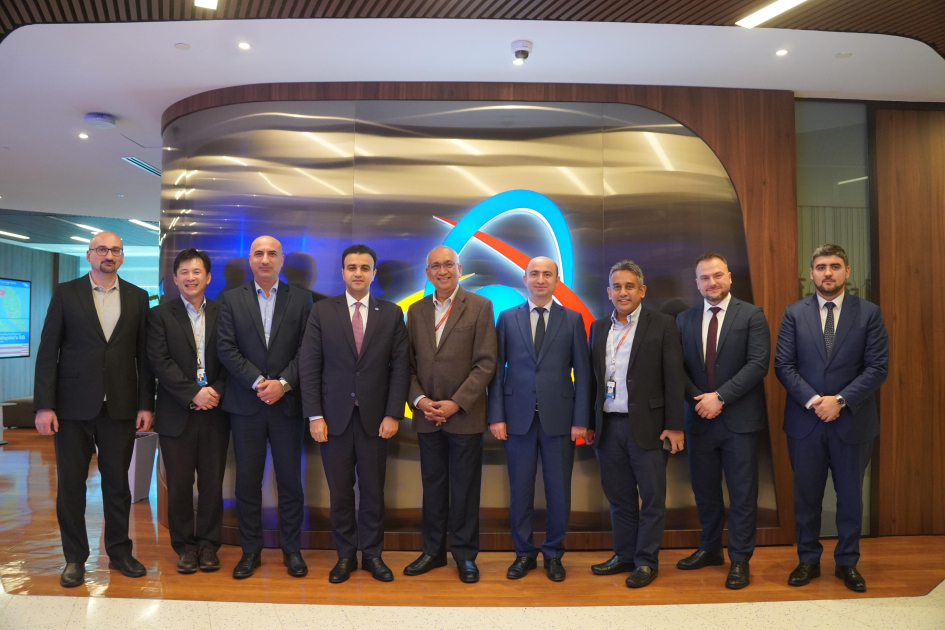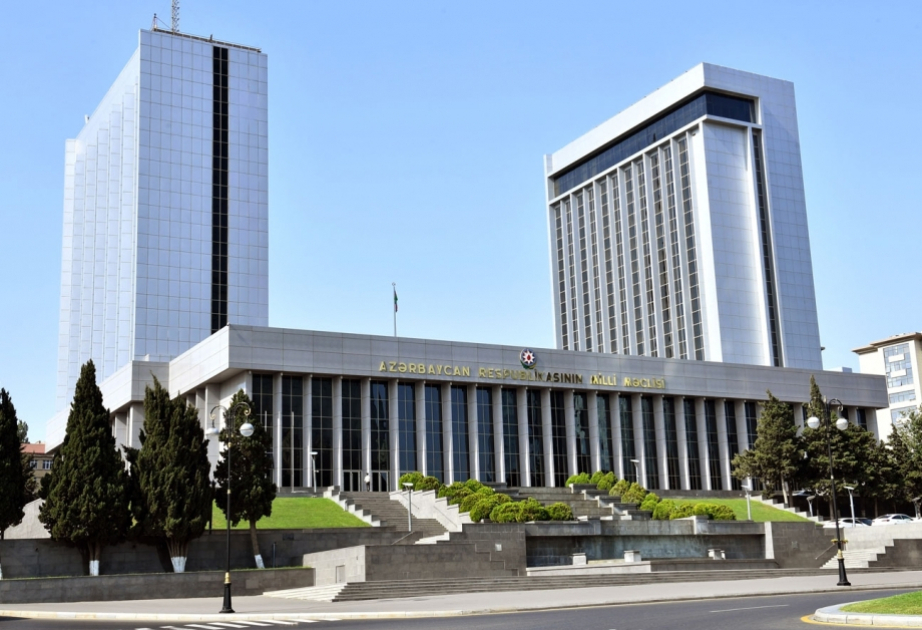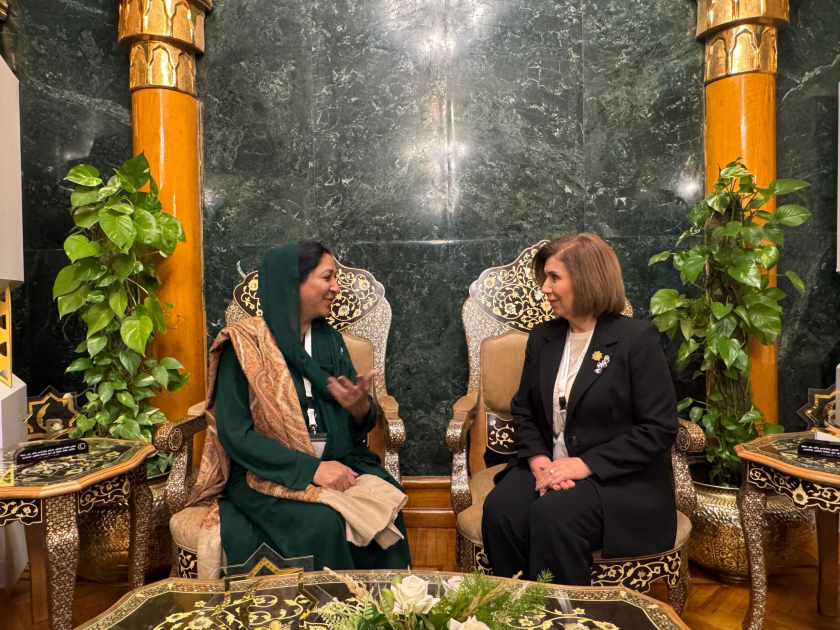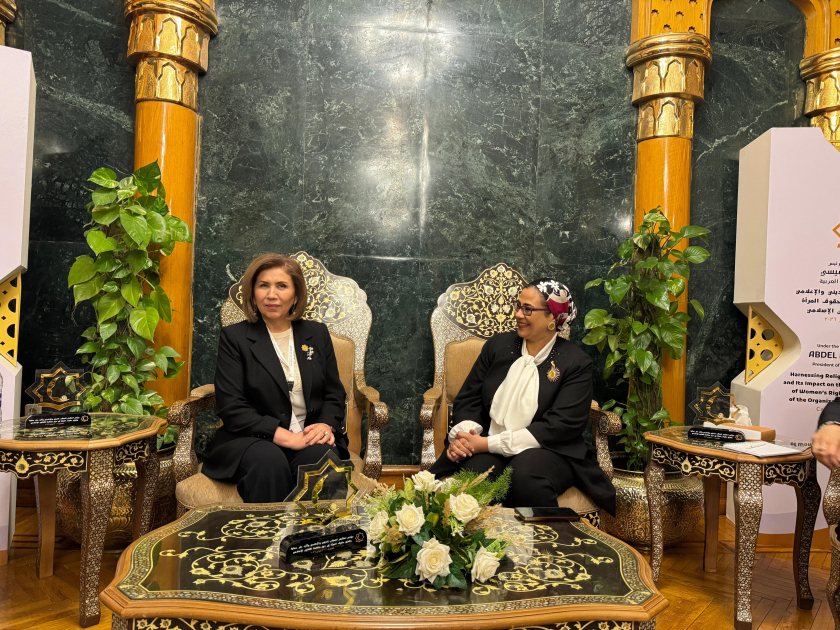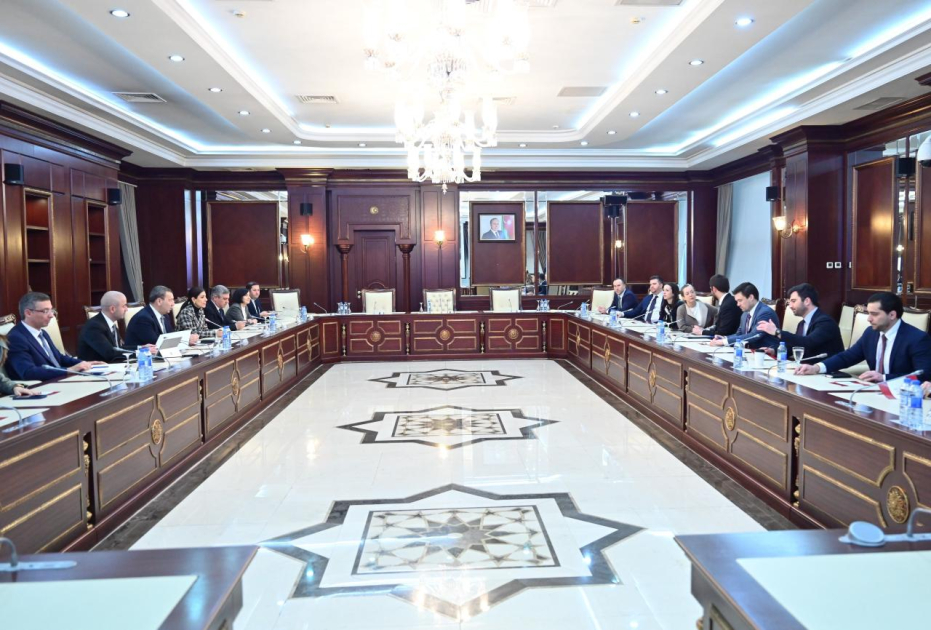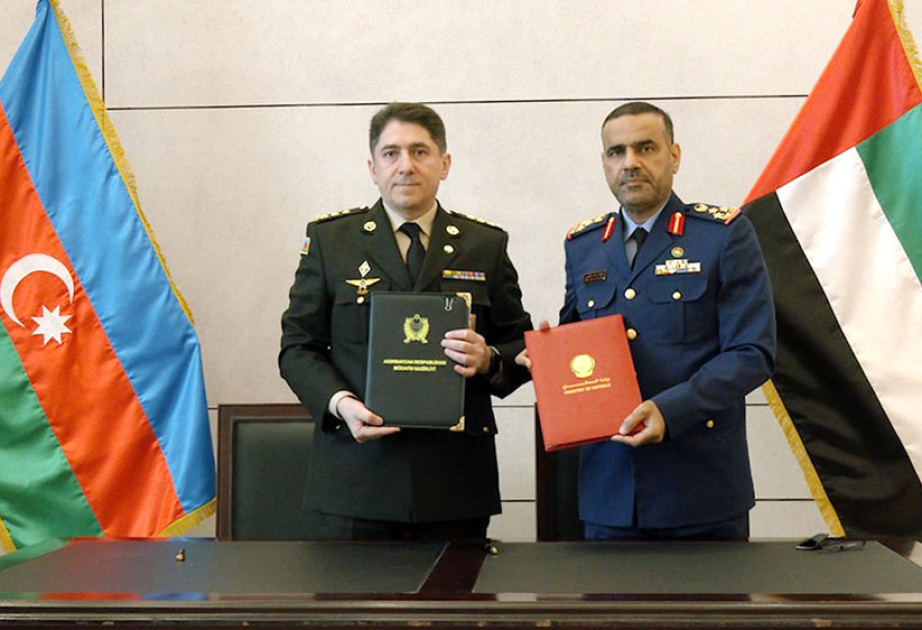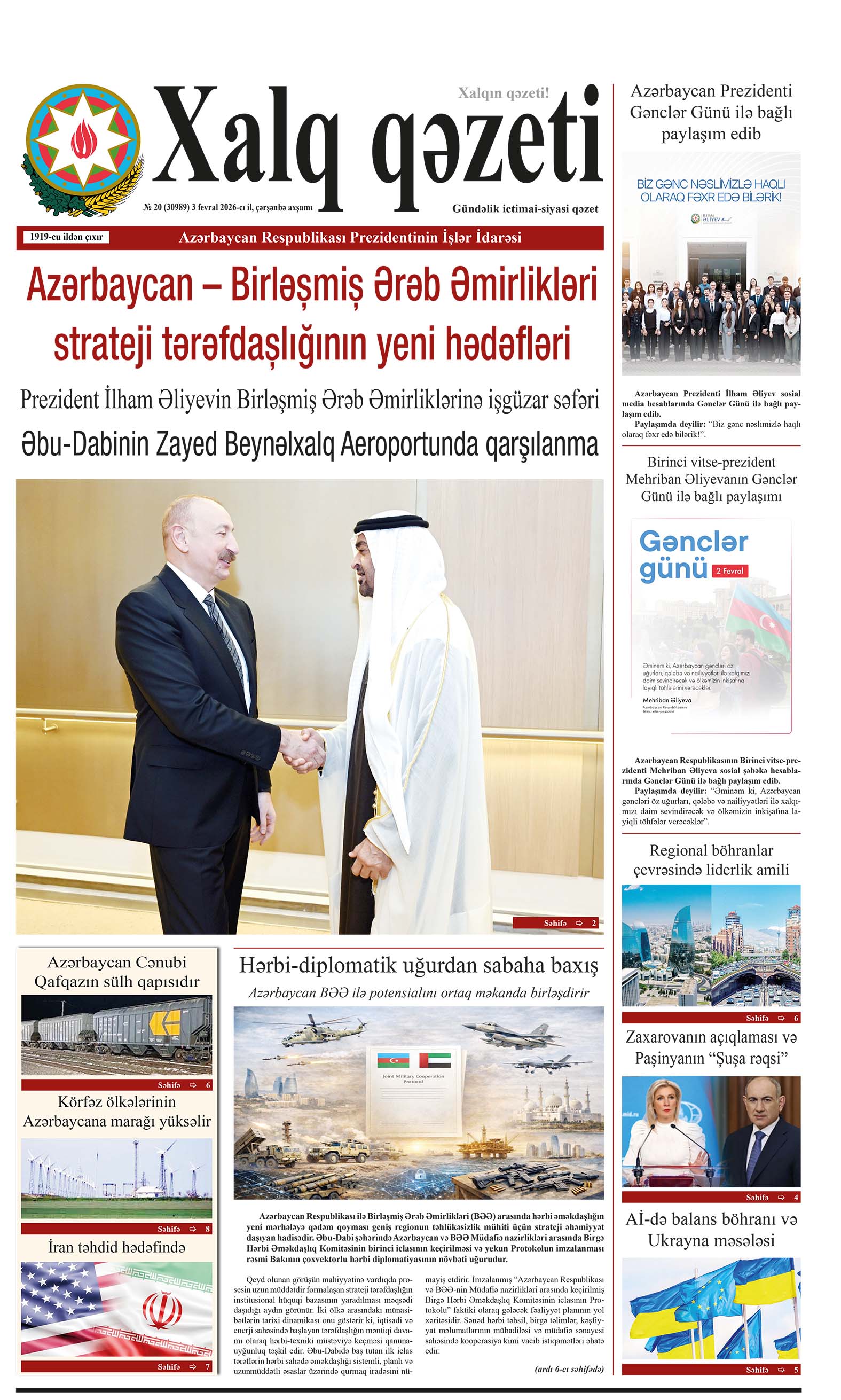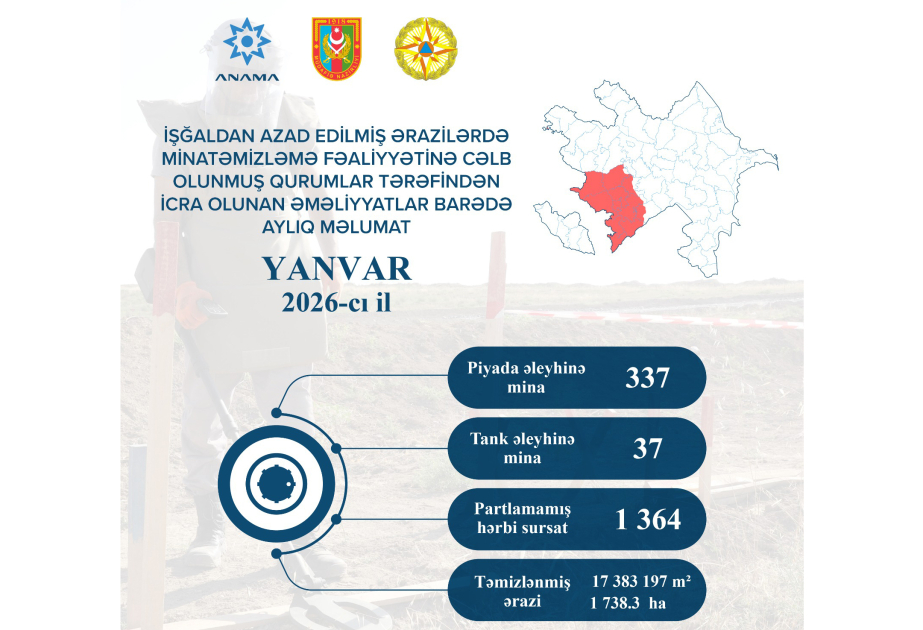“Alongside the implementation of last year’s decisions on emission reductions, energy transition, and adaptation and resilience targets, the focus this year will be on agreeing a new approach to climate finance. The New Collective Quantified Goal (NCQG) is to replace the existing annual collective target of 100 billion US dollars provided and mobilized by industrialised countries in support of developing countries which runs out in 2025 and place international climate finance on a broader footing. “Team Germany” will be represented at COP29 by several Federal Ministers,” Federal Foreign Office and Ministries for Economic Cooperation and Development, Economic Affairs and Climate Action, Environment of Germany said in a joint statement.
“Killer storms, droughts, repeated monumental flooding and heat records: the climate crisis is the greatest security challenge of our age. It rages irrespective of elections. This has been demonstrated in a devastating manner by the floods in Spain and the recent hurricanes in the United States. They also show: we must come together as an international community and do everything in our power to ensure that the 1.5 target agreed in Paris remains within reach.
COP29 in Baku will be a hands-on conference. At the UN Climate Conference, we will work hard to accelerate the implementation of what we as an international community have already decided, such as fully transitioning away from fossil energies and rapidly expanding renewable energies. This also means learning from each other in order to deploy good solutions, be it on solar, wind, grids or storage across the globe,” Annalena Baerbock, Federal Foreign Minister noted.
“We want to agree a new approach to global climate finance. Everyone who can afford it to contribute is now called upon to take action – traditional industrialised countries as well as all states with sufficient economic strength. So that we can work together to support a just transition to climate neutrality and resilience in even the most vulnerable and at-risk states. It is also clear that public funds alone will not be enough: the private sector needs incentives to step up its investment.
We all realise that these negotiations will not be easy. But they are worth the effort: every tenth of a degree of global warming that we manage to avert means fewer crises, less suffering, less displacement. And new opportunities for us all, opportunities which the green transformation will bring,” the minister emphasized.


